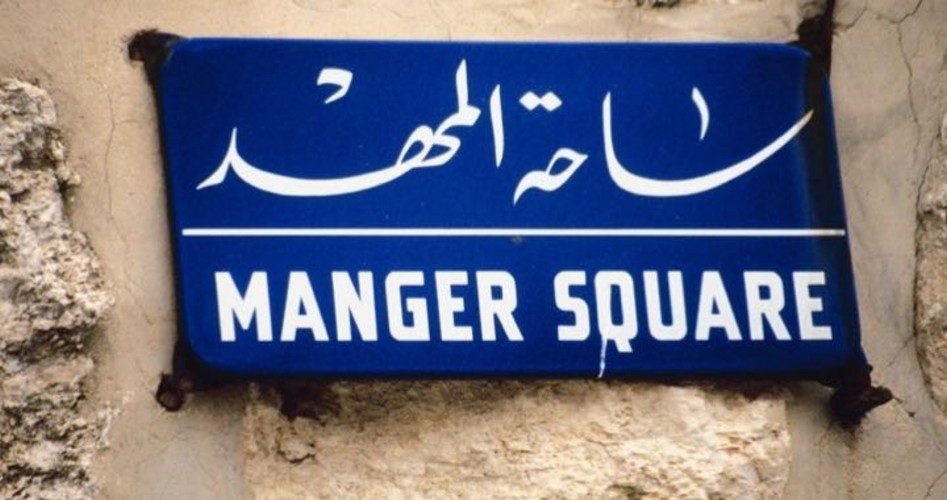
“We [as Israeli Arabs and Palestinians] are not treated equally and we are fighting for our rights,” said Mustafa Abu Raiya, a member of the Israeli Communist Party, known as Maki. Maki is part of the Hadash coalition, the third-largest faction in the Knesset, Israel’s legislative body. “We have stages and steps by Israeli government that looks like apartheid and what happened in South Africa,” Raiya told the Afro-Middle East Center, centered in Johannesburg, South Africa.
“We need to learn from the ANC and their struggle about how to overcome the apartheid regime … and also learn from the legacy of Nelson Mandela [who was a secret leader in the South African Communist Party] about how to lead the people to their freedom and at the same time to make reconciliation … to live together in peace and a democratic state.”
Reaction to such sentiments is no doubt a driving force behind the passage on Thursday of the controversial Jewish nation-state bill in the Knesset. The close vote, 62-55, with two abstentions mirrors the deep divisions within Israel on how to deal with its Arab citizens. The debate was intense and lasted more than eight hours.
The Jewish nation-state bill is no ordinary law. Now the nation’s 14th “Basic Law,” it declares that Israel is the nation-state of the Jewish people. The menorah emblem has now been made official in Israel. Jerusualem is now the declared capital. Arabic no longer has equal status with Hebrew as an official language.
Two clauses in the original bill were modified after meeting with stiff opposition. The Diaspora clause now states, “The state will act in the Diaspora [this refers to the existence of Jewish people outside of Israel, a result of the multiple times that Jews have been removed from what many Christians refer to as “the Holy Land”] to maintain the connection between the state and the Jewish people.” The original version said that the connection would be maintained among “the Jewish people, wherever they are.”
Another controversial clause was also revised. Originally it said that one religious group could bar another one from living in their community — seen as a way for Jews to keep Arabs out. It was replaced by another clause that reads, “The state sees developing Jewish settlement as a national interest and will take steps to encourage, advance, and implement this interest.”
Critics in and out of Israel saw the revisions as meaningless.
The bill’s passage was a huge victory for Prime Minister Benjamin Netanyahu of the ruling Likud Party coalition, who said in the Knesset that it was “a defining moment in the history of Zionism and the history of the State of Israel. One hundred and twenty-two years after [Theodore] Herzl published his vision, we have stated by law the basic principle of our existence.”
Although Jews, mostly from eastern Europe, had emigrated in significant numbers to Palestine in the early 1880s, few of them had any realistic hope of establishing a Jewish nation there. It was Herzl who organized the first Zionist Congress in Switzerland, in 1897. Alan Dershowitz wrote in The Case for Israel, “Most of the Jews who first returned to Zion were simply looking for a place to live in peace, without discrimination and without physical threats to their survival.” There was already a significant Jewish presence in Palestine, but there were also Arabs, mostly Muslim, but also Christian, living in the area as well. Soon, the rising tide of Jewish immigration led to friction with indigenous Arabs.
Knesset member Amir Ohana asserted that the bill was the most important legislation in the history of the modern nation of Israel.
To the significant Arab minority in Israel, Avi Dichter, the Knesset member who sponsored the bill, said directly before the vote, “We were here before you, and we will be here after you.”
Dichter hastened to add that their rights as minoriites would not be diminished by the law, but the (Arab) Joint List Coalition leader, Ayman Odeh answered Dichter by waving a black flag, while another faction member, Jamal Zahalka, showed his dissatisfaction by ripping up his copy of the bill.
Another Joint List faction Knesset member, Ahmed Tibi, declared, “We are now seeing with shock the death of our democracy, which has been dying in recent years, and suffering from the racism that has hit a new peak with this bill.” Yousef Jabareen, another member of Joint List faction said, “The result of this legislation will be to perpetuate the inferior status of the Arabs in Israel.”
Of course, were the Arab population to actually grow larger than the Jewish population in Israel, the reverse would probably be true. At least, that is the case in the Islamic-dominated areas of the Middle East. This illustrates the danger of believing “democracy” — or majority rule — is of greater value than individual liberty. If respect was given to each individual’s right to practice his own religion, run his own business, have property rights, and otherwise conduct his life as he wishes, so long as he is not hurting someone else, then it really would not matter what ethnic group was in the majority.
Because the Jews in Israel do not want to see happen in Israel what happened in South Africa, or some neighboring Arab countries — where the rights of the minority are not respected — they are insistent on blocking non-Jewish immigration. Federica Mogherini, an official with the European Union, opposed the action of the Knesset, telling reporters on Thursday that the situation in Israel could be resolved, with the so-called two-state solution: “We believe it is the only way forward and any step that would further complicate or prevent this solution of becoming a reality should be avoided.”
Under the “two-state” solution, an Arab state would be carved out of areas presently held by Israel. The biggest problem, however, is that the Palestinian Authority refuses to recognize Israel’s right to exist specifically as a Jewish state, even if the area were divided into two states. As Dershowitz wrote, “This refusal preserves the Palestinian claim that Israel should allow millions of Arab refugees to ‘return’ and to turn Israel into another state with a Palestinian majority.”
Even former Egyptian President Hosni Mubarak called the “right of return” for Palestinians “totally unrealistic.” Israelis understand that this “right of return” is a veiled “right” to destroy Israel by demographics, rather than by military or terroristic means. A similar challenge may face some countries in Europe within a generation or two, if the flood of immigration from Middle Eastern countries continues there. Such concern was a major factor in the decision of the United Kingdom to leave the European Union.
The situation in Israel is certainly problematic and controversial, and the challenge to solve it peacefully to the satisfaction of both the Arabs and the Israelis no doubt requires someone with wisdom on the order of the biblical King Solomon. It is not surprising that communists see the situation as one they can exploit.


